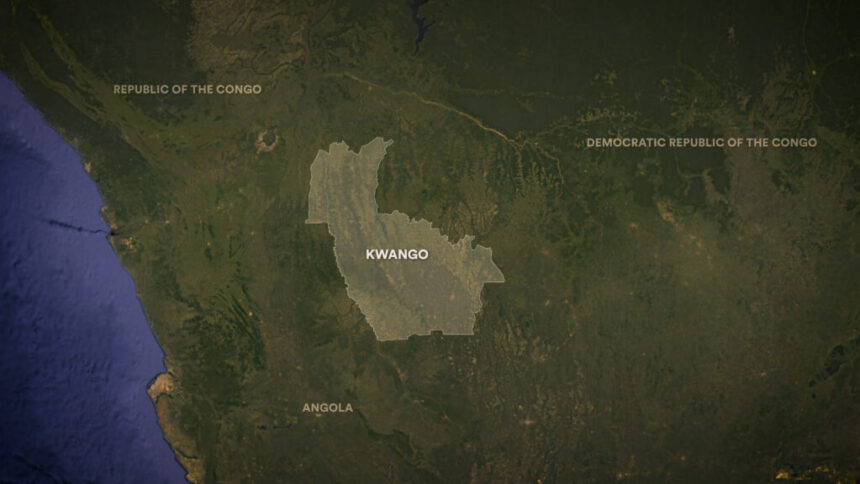An outbreak of illness in a remote part of the Democratic Republic of the Congo has captured the attention of the international community, with the cause of the illness still unknown. The World Health Organization (WHO) released a statement on Sunday shedding some light on the situation, indicating that the source of the illness has not yet been identified. The WHO suggested that known diseases such as malaria, pneumonia, influenza, Covid-19, or measles, exacerbated by severe malnutrition, may be behind the outbreak and the high number of deaths associated with it.
The area affected by the outbreak, the Panzi health zone in Kwango province, has experienced a deterioration in food insecurity in recent months, with low vaccination coverage and limited access to diagnostics and quality case management. The WHO highlighted the lack of supplies, transportation means, and health staff in the region, as well as limited malaria control measures. The outbreak has resulted in 406 recorded cases and 31 deaths, with half of the cases occurring in children under the age of 5.
Due to the lack of local laboratory facilities and health services in the region, testing materials had to be brought in and transported to Kinshasa, a two-day drive away. The challenging terrain and the presence of armed gangs in the area have further complicated efforts to identify the cause of the outbreak and provide treatment to those affected. The WHO has dispatched a team to assist Congolese health officials in their response efforts.
Craig Spencer, an associate professor at Brown University’s School of Public Health, emphasized the role of severe malnutrition in exacerbating the impact of common illnesses in the region. He suggested that malnutrition could be a significant factor in the high number of deaths, especially among young children. The WHO’s statement indicated that food insecurity in the region had reached crisis levels, potentially leading to an increased risk of severe acute malnutrition.
While the exact causative agent of the outbreak remains unknown, the presence of common diseases like influenza circulating in the region at the time of the outbreak was noted by health officials. The WHO and other health organizations are working to determine the cause of the illness and provide necessary support to those affected in the affected region.








